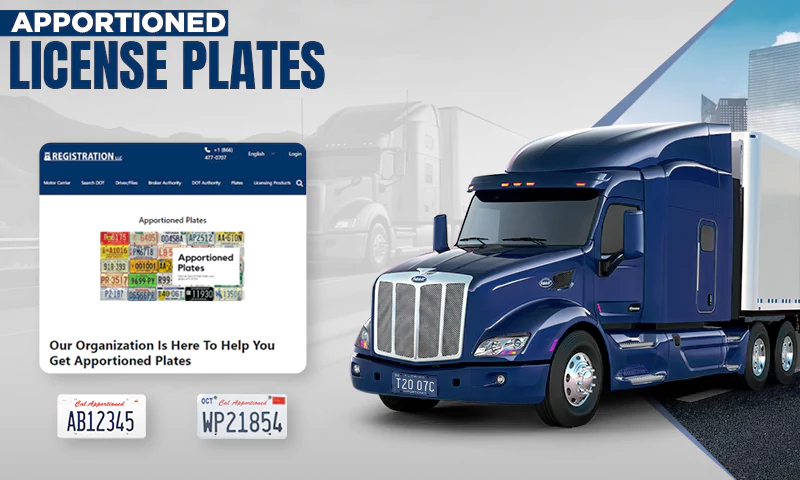8 Ways to Improve Verbal Communication Skills for your Workplace
Employers actively look for people with potential capabilities. The ability to communicate verbally is something that employers admire the most because it often signifies a diligent and productive worker.
In this post, we’ll define verbal communication skills, outline strategies to sharpen them, offer advice on using them in the workplace, and look at how to accentuate them when looking for a job.
Defining Verbal Skills
A certain set of abilities focused on using words to share information with the people around you are necessary for verbal communication. Despite referring to oral and written communication, the phrase is most frequently used to describe verbal communication.
The aspect of this style that defines it as linguistic revolves around a person’s word choice and how those words are perceived and ultimately interpreted. Being a good verbal communicator involves more than just talking. Both the way you communicate and the way you pick up an idea from others make up verbal skills.
Ways to Improve your Verbal Skills for your Workplace
Effective communication is essential in practically every domain of life, but it’s particularly important in business. Organizations cannot operate successfully and productively without verbal teamwork. For example, if you have great communication skills you will be easily able to write a follow-up email after verbal job offer.
Workplace interactions can take place in a variety of settings, including boardroom discussions, individual chats, performance evaluations, marketing ploys, disciplinary hearings, and training courses. You will also need to vocally interact with a wide range of groups and individuals, such as listeners, speakers, learners, instructors, clients, staff, managers, and coworkers.
Some people find it more difficult to communicate verbally than others. Irrespective of your inherent tendency, you can make improvements to your oral communication abilities and develop stronger bonds with others. Here are some pointers for improving your verbal communication skills at your workplace.
Positive Reinforcement
By consciously reinforcing others throughout a conversation, also known as encouragement, you can enhance your communication skills. Letting the other person know that you are listening and completely understanding what they mean will demonstrate that you are paying attention and promote connections.
Use verbal and non-verbal cues to demonstrate this reinforcement. Maintain eye contact, smile, and nod your head to amplify what someone is saying. Positive reinforcement is a potent tool that can help you achieve a variety of goals, including:
- Calming your and the other person’s anxiety
- Expressing warmth and compassion
- Giving assurance
- Cultivating meaningful connections
- Showing that you’re interested in what the other person is saying
- Inviting more people to participate in a discussion
Reflecting
Reflecting is periodically asking the other person to confirm that you comprehend what they said. Counselors frequently use this technique.
Reflection, despite having a therapeutic background, is a potent tool for determining clarity. Typically, the procedure entails paraphrasing both the words and the sentiments before presenting them to the individual.
Be Perceptive
If at all possible, consider being conscious of how your colleagues and you are adopting nonverbal clues as they can be very communicative. It’s critical to be aware of any unintentional messages that you might be conveying through your actions and facial expressions.
Asking Questions
One wonderful approach to getting clarifications, checking one’s comprehension of something, or asking for help is by asking a question. However, it can also be helpful when trying to express interest, start a conversation, or persuade others to join one. The two main types of questions comprise:
- Open questions: Open-ended inquiries invite further explanation or discussion. They often take a little longer to respond, which advances the discourse and encourages participation from others.
- Closed Questions: This type, on the other end, just needs a straightforward response. These answers, which are frequently brief, let the person who asked them to keep command of the dialogue. Therefore, while aiming to promote verbal communication, these queries are often avoided.
Summarize
While summarizing and reflecting are similar, summarizing is primarily concerned with examining the information shared to come to a consensus and make sure that everyone involved is aware of the requirements. This method, which gives a summary of the key topics covered during the meeting, is extensively employed after any conversation.
Empathize
Empathy has the potency to improve all of your interactions in life. You can interact with your colleagues more efficiently if you try to grasp their objectives, viewpoints, and emotions.
Be Patient and Calm
It’d be nice if you could keep conflicts at work at a minimum. However, arguments do happen, so try your best to avoid your conversations from becoming heated. The probability of finding a solution might increase by keeping your tone neutral and your body language relaxed.
Be Precise and Succinct
There are instances in which giving context is important and advantageous. However, constantly distilling your message to its essence can increase both your productivity and your teammates’ comprehension of it. As a result, there will be less chance of misconceptions, more people will be able to grasp objectives, and productivity will improve.
Key Takeaway
Capabilities like verbal communication are highly prized by employers. You must accentuate such attributes in order to show prospective employers that you have that competence.
Share
















